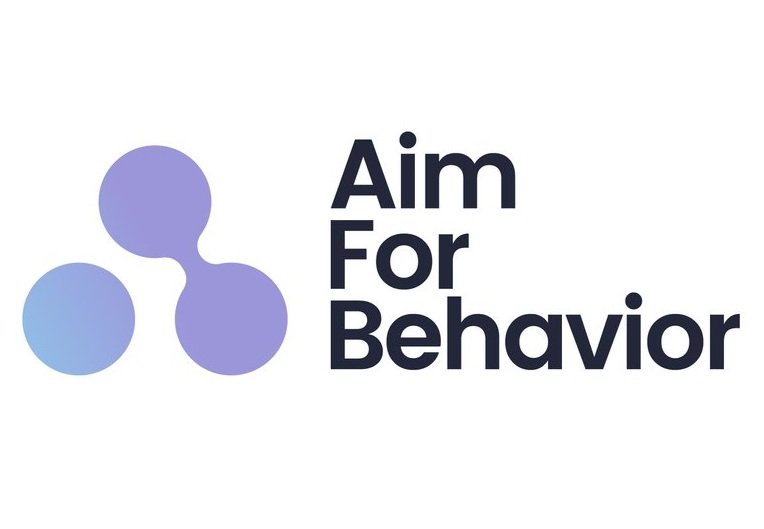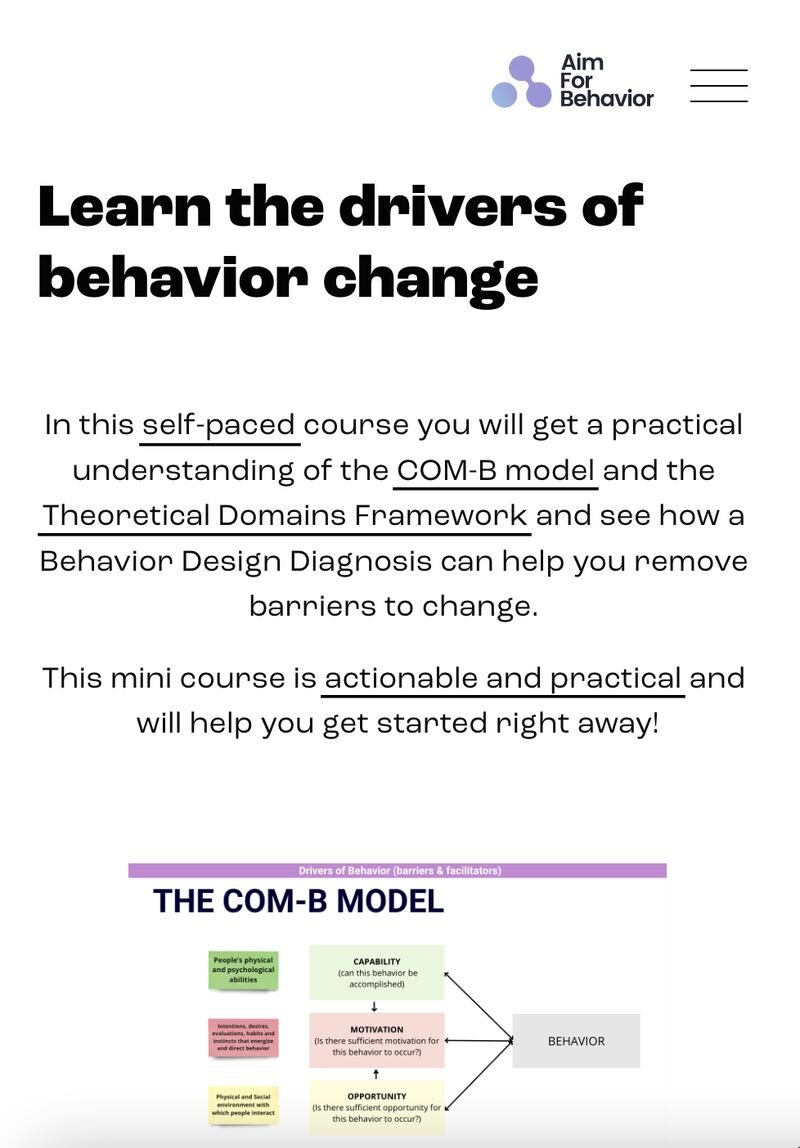Learning the drivers of behavior change is something that is foundational to creating great experiences.
Access to the Behavior Diagnosis Course: https://www.aimforbehavior.com/courses-behavior-science-com-b
The more you do it, the more you will understand how to identify which of these drivers you can use to create the experiences you want for your customers and employees.
What do I mean by a driver? (It can be a barrier or an enabler)
Say you have a behavior, which is to increase the adoption of a product or service by (customer/employee).
Your customers or employees may tell themselves (or you) :
- ''I just don't understand your service or I don't have the skills to use the service as it is intended.''
-'' This incentive really decreases my motivation.''
-'' I don't believe there is a benefit to the adoption of the service, or I believe it won't help me.''
These are all valid drivers to adoption, but without knowing in which area they belong, how can you then design the right solution and treat the right symptom?
What tends to happen is that we guess.
We may think that the issue may be knowledge - all they need is more explainer videos - when in fact the real driver may be around a belief that the service won't benefit them.
What you design to overcome the drivers matters tremendously, for your product or service's success.
If you are just guessing, then you will waste more resources and risk deploying things that won't get you the outcomes you are looking for.
A great way to start is by learning to use the COM-B model and the Theoretical Domains Framework, both powerful tools to diagnose behavior. (you can start with COM-B and work your way up)
I created an easy-to-follow course, where you can see me over the shoulder, on Miro working through barriers and then matching them to the drivers. - Learning by doing :)
The course is 89 euros, but it will be increasing to 119 euros in a few weeks, so if you want to pick it up before the price changes. Get it here
If you can't pick it up, there are also great resources and academic journals online to learn COM-B and the TDF - many of which I have shared in previous articles.

